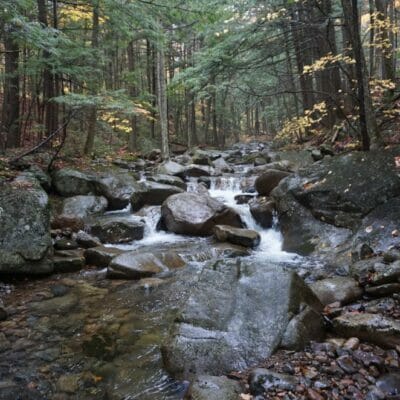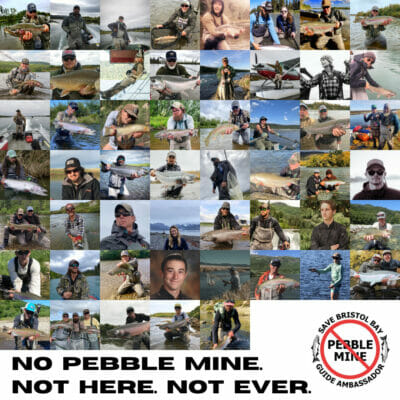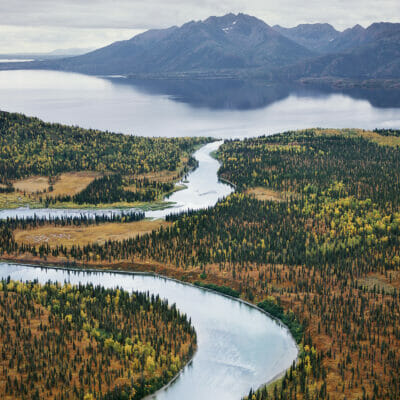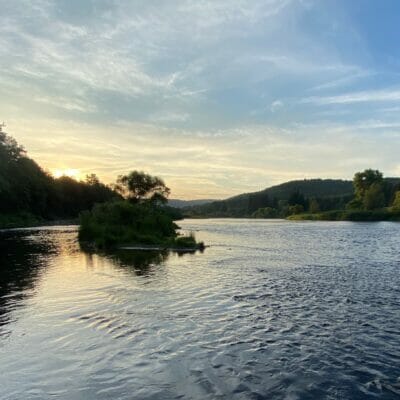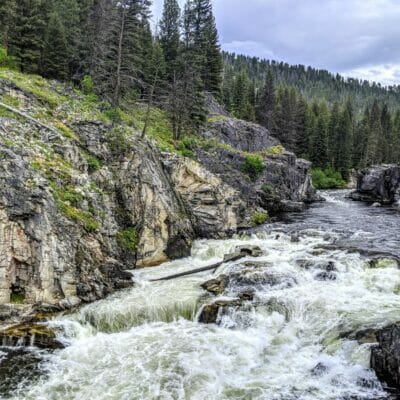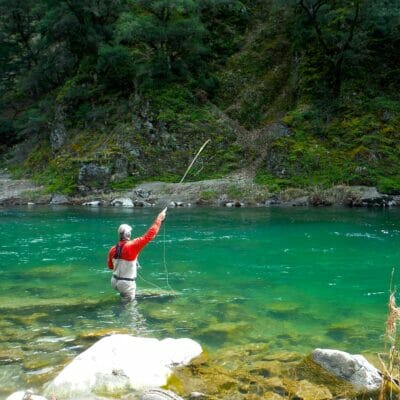by Mark Taylor | March 19, 2021 | Conservation
You don’t need us to tell you that 2020 was a challenging year. The pandemic created lots of hardships for TU’s field staff in New England, including the postponement of many projects. Always flexible, the New England team did a great job reacting to the difficult situation.
Meet the 70 hunting and fishing guides in Bristol Bay who are gearing up to advance permanent protections for the fish, people and fish-based resources of southwest Alaska.
In a world where salmon and steelhead continue to dwindle and disappear, Alaska Governor Dunleavy has proposed changes to Alaska’s water management regulations that head us in the exact wrong direction.
As infrastructure to support natural gas extraction expanded across the Appalachians over the past decade, the Delaware River Basin remained untouched as the group responsible for the coordinated management of the watershed considered the practice. Now, after years of uncertainty, a vote by the Delaware River Basin Commission has formalized a ban on high-volume hydraulic fracturing — often called “fracking” — in the basin. In a special business meeting on Feb. 25, 2021, commissioners…
Today, the House of Representatives passed the Protecting America’s Wilderness Act (H.R. 803). Trout Unlimited strongly supports this legislation, as it will better conserve and restore public lands, watersheds and coldwater fisheries in four Western states and support the country’s commitment to countering the impacts of climate change by protecting at least 30 percent of…
Protecting 30 percent of the planet by 2030 may not be enough. In 2019, a group of international scientists came up with the notion of a Global Deal for Nature. Their idea is straightforward, and very ambitious. To “save the diversity and abundance of life on Earth,” the scientists said, we need to “save 30…
by Kara Armano | February 16, 2021 | Uncategorized
Trout Unlimited is known for its rock-rolling work where we are often found wearing waders and making rivers and streams better for trout and salmon, and of course, anglers. But we also spend plenty of time in our finest attire in the halls of state and federal legislative buildings advocating for smart water policies, protecting public lands and funding allocations to…
